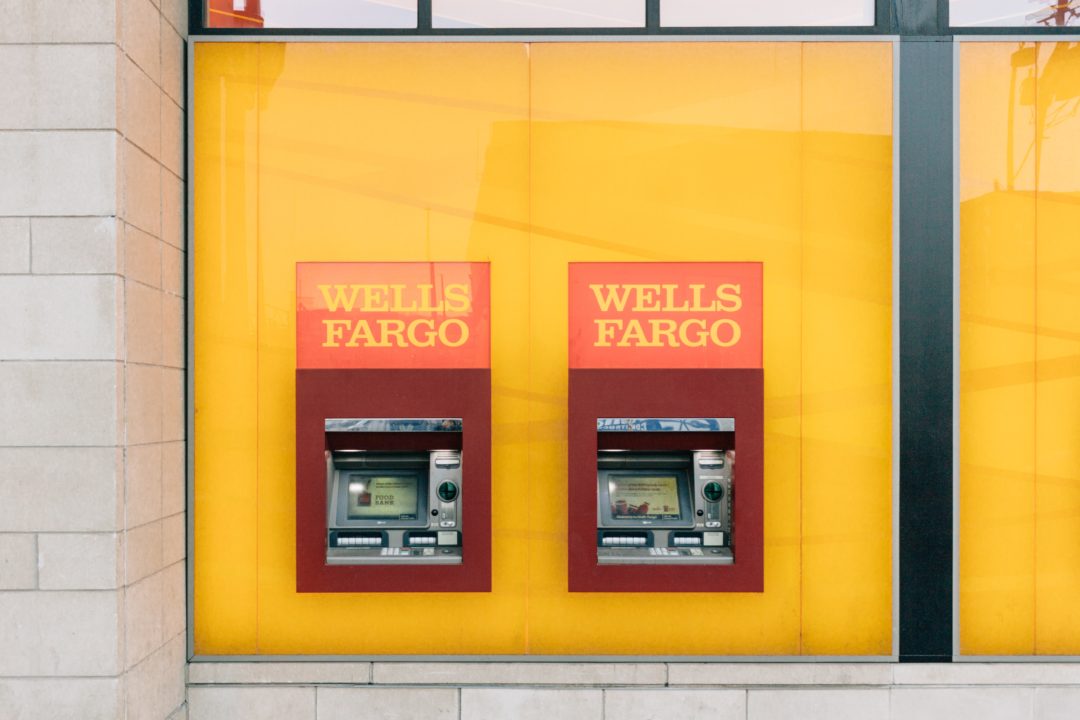
Credit Unions vs. Banks: What’s Right for You?
What is a Credit Union?
Credit unions can be large or small not-for-profit banks. Unlike a traditional bank, a credit union is owned by its members. The members of a credit union normally share something in common like living in the same area or having the same type of job or employer. For example, anyone who lives, works or attends school in Charlottesville, Albemarle, Culpeper, Fauquier, Fluvanna, Greene, Louisa, Madison, Nelson, Orange or Rappahannock can become a member of UVA Credit Union.

Some Pros and Cons of Credit Unions and Banks
If you’re deciding between a credit union and a bank make sure you compare fees and interest rates. At the end of the day, your bank and your money should be working for you! Here are some things you should think about if you are deciding between a credit union and a bank:
- Credit Unions may pay higher interest rates on savings accounts. For the Charlottesville/Albemarle area, the average interest rate for a Credit Union is 0.15%. The average interest rate for banks is 0.01%.
- Credit Unions may have lower interest rates on loans and credit
- Credit Unions may have lower fees
Make sure you understand what fees you could be charged before opening a bank account. Will they charge you a low balance fee or a monthly maintenance fee or a paper statement fee. How much will it cost if you overdraft and how many times will a bank allow you to overdraft?
- Credit Unions may be more forgiving of clients with a less than perfect credit history
- Banks may have better technology
- Banks normally offer more financial products
- Banks normally have more locations
Want to learn more? Talk to someone on the housing counseling team with Piedmont Housing Alliance or check out the below resources.
- Credit Unions vs. Banks (video)
- Credit Unions vs. Banks
- Choosing a bank account

